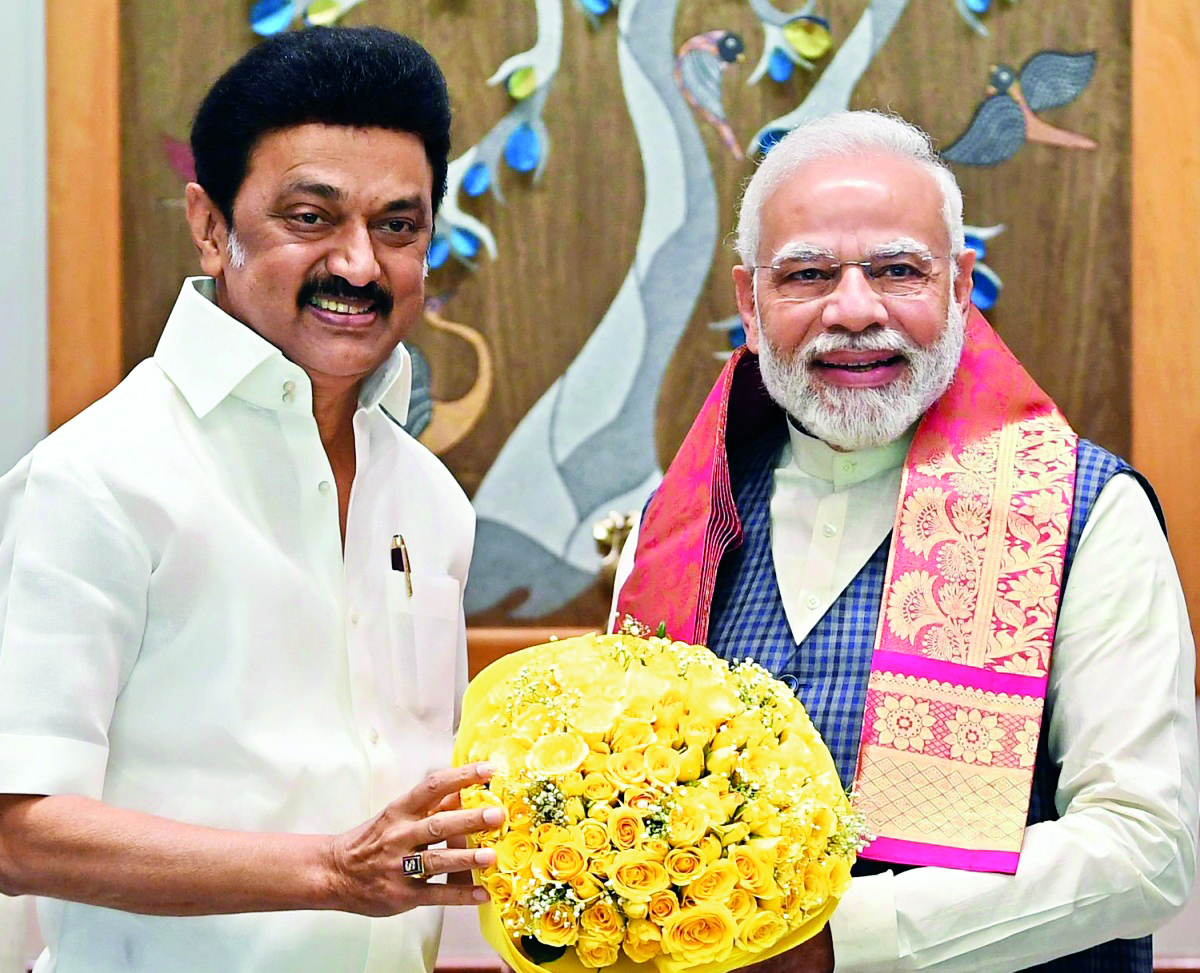Navigating electoral challenges: BJP’s eastern seaboard strategy and Tamil Nadu conundrum

Coimbatore: As India braces itself for the upcoming general elections, the political landscape is fraught with challenges and opportunities for the ruling Bharatiya Janata Party (BJP). With the party marking its tenth year in power, it faces the daunting task of maintaining its electoral momentum amidst growing anti-incumbency sentiments and shifting regional dynamics.
One of the key strategies adopted by the BJP is to expand its electoral footprint along India’s eastern seaboard, stretching from West Bengal to Tamil Nadu. This populous stretch, encompassing around 310 million people across five states, presents both promise and peril for the party. While the BJP harbours ambitions of securing 400 parliamentary seats in the Lower House of Parliament, its performance in the 2019 elections—where it only won 29 out of the 144 contested seats in this region—underscores the magnitude of the challenge ahead.
Experts foresee two significant hurdles for the BJP in the East Coast states: governance by regional parties and the resurgence of Congress and its allies. Regionalist parties wield significant influence, rallying voters by appealing to regional pride, culture, language, and customs. This localized approach poses a formidable barrier to the BJP’s pan-Indian platform, especially in states where local issues hold greater significance.
In Tamil Nadu, the BJP faces a daunting challenge, despite claims by its state president, K Annamalai, of significant electoral gains. The presence of the DMK-Congress alliance across the state presents a formidable Opposition. Despite the BJP’s substantial campaign investments in Tamil Nadu and the autonomy granted to the 39-year-old state president, ground reports indicate a challenging road ahead. The southern state is likely to remain a stronghold for the Opposition alliance, as observed during visits by The Millennium Post to various urban, semi-urban, and rural constituencies such as Chennai, Coimbatore, Sulur, Palladam, and Karur, where the DMK-led alliance appears to have secured nearly all parliamentary seats.
Additionally, Prime Minister Narendra Modi has committed to promoting the Tamil language on a global scale. The BJP’s election manifesto emphasizes the preservation of Tamil heritage and includes a promise to establish Thiruvalluvar Cultural Centers worldwide, dedicated to elevating Tamil language and culture. On the flip side, the DMK has brought attention to concerns regarding center-state relations and financial issues.
The political landscape presents a complex picture for the Bharatiya Janata Party (BJP). Despite its decade-long tenure at the helm of the central government, the BJP is confronting formidable challenges, particularly in the eastern and southern regions of the country. While the party is ambitiously striving to secure a substantial parliamentary majority, its efforts are hindered by the dominance of regional parties, the resurgence of Congress and its allies, and the nuanced dynamics of state-specific issues and identities. In states like Tamil Nadu, the BJP faces significant hurdles in countering the formidable DMK-Congress alliance, despite its promises of promoting Tamil language and culture on a global scale.




